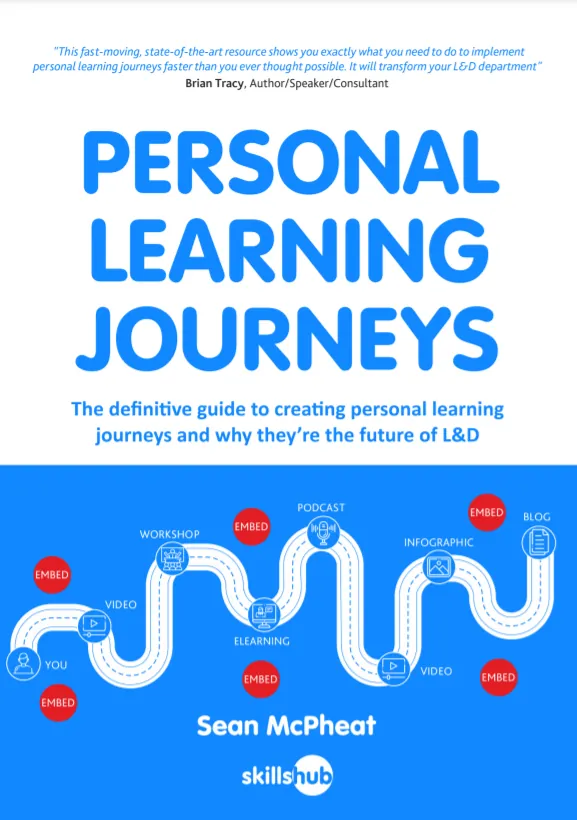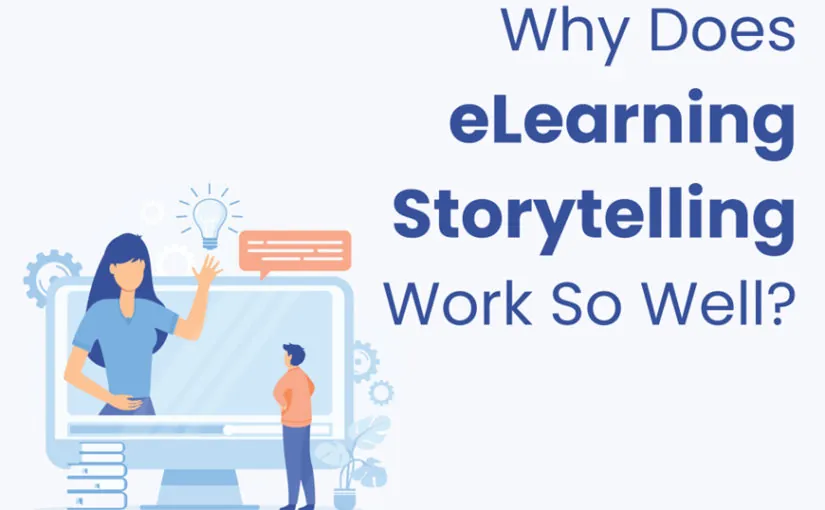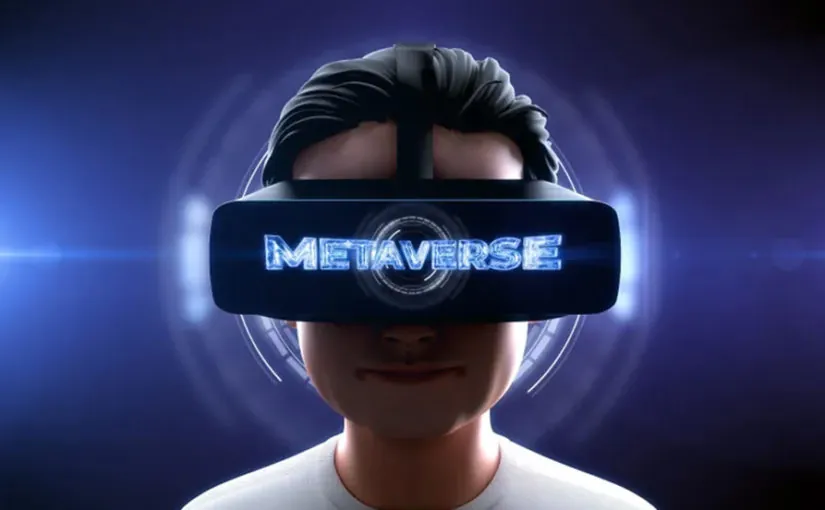
In the world of business, entrepreneurs are often likened to rockstars. Their tales of success are all over the media and internet alike, inspiring others to follow in their footsteps and to think of the “next big thing”.
And that got us thinking… how accurate is this glamorous portrayal? Do entrepreneurs really feel like rockstars or do they feel like they are overworked and underpaid?
We asked 200 UK entrepreneurs and 61% of them actually felt like they were more like sweatshop workers, instead of an ‘entrepreneurial rockstar’.
This is a vast contradiction when you think of the likes of Bezos, Branson, Musk and Zuckerberg. All of which are celebrated for their innovation. Their power to revolutionise industries. And not forgetting their immense wealth and lavish lifestyle… it’s plastered everywhere you look!
But does the entrepreneurial voyage genuinely mirror a rockstar’s life, filled with glitz, glam, and glory? Or is there a different side of the story, one that’s often swept under the red carpet of success?
A Glimpse Behind the Curtain
When you start to peel back the layers on the glamorous facade of entrepreneurship, a different picture begins to emerge. One that is less about the glitz and glamour and more about the grit and grind.
Entrepreneurs often find themselves working 60 to 80 hours a week where long hours become the norm, not the exception – especially during the early stages of their startup.
Michael Alexis, CEO of teambuilding.com, explained that “the initial years are full of intense pressure and stress, leading to long hours and little time for self-care or family life.” It’s simply a lot of hard work and sacrifices.


From the survey, 58% said they worked more hours than what they did when they had a regular job.
18% of entrepreneurs did not take a holiday within the first 2 years of starting their business, and 81% of those that did, had to work during it.
It’s pretty clear that the role is actually all consuming. Stress levels will typically be high and the lifestyle is NOT all ‘rock and roll’.
Entrepreneurs have to juggle multiple roles and responsibilities, all of this whilst hoping that their venture actually takes off!
This financial instability and uncertainty is a harsh reality for entrepreneurs, and something that is not covered on the front page of magazines or TV shows. Startups often take years to become profitable, and many entrepreneurs pour their savings into their business, sometimes even taking on significant debt.
The Guardian reported that in 2022 alone, there were 118,850 business insolvencies in the UK jumping up 30% to a 13-year high.
And further data by The Business Insolvency Helpline, shows around 60% of businesses reportedly fail during the first three years of operation – so it’s no wonder that the pressure to succeed can be extremely daunting.
The Rockstar Image
The glamourised image of entrepreneurship is at the forefront of the media and is continuously fuelled by high-profile success stories of those who have made it big. Think Elon Musk and his groundbreaking ventures like SpaceX and Tesla.
These portrayals, whilst engaging and inspiring, often oversimplify the entrepreneurial journey. They focus on the highs and gloss over the lows, creating an illusion of constant success.


Sean Carrol, Founder of Vixen Digital thinks that “a successful entrepreneurial story can be delivered quickly but doesn’t highlight the key ingredients of hard work, talent, patience, commitment and many more important skills”. The media’s role in perpetuating the ‘rockstar’ myth can lead to unrealistic expectations among aspiring entrepreneurs, who may not be fully aware of the challenges, risks, and sacrifices involved in starting and running a business.


Faisal Nasim, CEO of Exam Papers Plus adds that “the reality of entrepreneurship is miles away from the glamorous snippets you see in the media” and believes that entrepreneurship is “not for the faint-hearted”.
And Teresha Aird, Co-Founder & Owner of Prime Office Space expands on this exclaiming that “the media often glamorises the entrepreneurial journey, painting a picture of overnight success and endless glamour. But that’s rarely the case”.


It then becomes essential to balance the glamorous narratives that are found in the media, with the less highlighted realities of entrepreneurship such as the challenges you are more likely to face, otherwise you’re in for a shock!
The Sweatshop Comparison
At first glance, comparing the working conditions of entrepreneurs to those of sweatshop workers might seem absurd.
After all, entrepreneurs are typically seen as leaders, innovators, and wealth creators, whereas sweatshop workers are often associated with exploitation and deplorable working conditions.
Yet, going back to the first figure we shared in this article, 61% of entrepreneurs we surveyed felt like they were working in a sweatshop when they first started their business.
And if we dig even deeper, we find surprising parallels why this is the case:
- The long hours: Sweatshop workers are often forced to work gruelling shifts, sometimes up to 16-18 hours a day, with minimal breaks.
- The financial instability: Sweatshop workers are typically paid meagre wages, struggling to make ends meet despite their hard work. Entrepreneurs often go without a salary during the early stages of their startup, pouring all available resources back into the business.
- The stress and emotional toll: Sweatshop workers face high-stress conditions, with the constant pressure to meet production targets and the fear of losing their jobs. They have little time for self care. Similarly, entrepreneurs face immense stress, with the success or failure of their venture resting squarely on their shoulders.
Whilst entrepreneurs choose their path and have the opportunity for substantial rewards if their business succeeds, the comparison serves as a stark reminder of the hidden struggles many entrepreneurs face.
The Mental Health Toll
While the physical demands of entrepreneurship are apparent in the long hours and relentless pace, the mental health implications are often less visible, but no less significant.
The high-stress environment and constant uncertainty that come with running a business can take a serious toll on an entrepreneur’s mental well-being.


The mental health challenges faced by entrepreneurs are not merely anecdotal but are backed by a growing body of research. Recent studies conducted in the UK highlight the severity of this issue.
- A survey conducted by Mental Health UK in 2021 found that four in five small business owners report experiencing common symptoms of poor mental health at least a few times a year. Some of the key findings include 64% suffer from anxiety, 63% have disrupted sleep and 37% experience symptoms of depression.
- A study by the University of Manchester found that 72% of entrepreneurs surveyed acknowledged mental health concerns in their lives. Despite this, over half reported feeling unable to discuss these issues with their investors, further highlighting the need for more open dialogue on mental health in the entrepreneurial sector.
with their mental health”
- Research from The British Association for Counselling and Psychotherapy found that 56% of business owners feel they need help with their mental health but don’t know where to start. And a shocking 96% admit to keeping the stress of running a business ‘bottled up’. The data shows the alarming pressures faced by UK business owners as nearly two thirds (63%) admit to deprioritising their mental health in the name of financial success.
- A study conducted by the National Institute for Health Research (NIHR) in the UK found that entrepreneurs are 50% more likely to report having a mental health condition than other workers. Additionally, the study found that certain conditions, such as bipolar disorder, depression, and anxiety disorders, were more prevalent among entrepreneurs.


These studies underscore the mental health crisis facing entrepreneurs in the UK. While the entrepreneurial journey can be rewarding, it’s clear that it also comes with significant mental health challenges.
The Need for Balance
In the face of these stark realities, it becomes increasingly clear that our current definition of entrepreneurship needs to be reassessed.
The traditional narrative, focused solely on success measured in financial gain and market dominance, fails to acknowledge the essential role of work-life balance, mental health, and overall wellbeing in the entrepreneurial journey.
To inspire and provide tangible examples of a more balanced approach to entrepreneurship, take a look at a few successful entrepreneurs who have managed to strike that all-important equilibrium:
Richard Branson, Virgin Group
Richard Branson, founder of the Virgin Group, is a strong advocate for work-life balance. He’s often quoted as saying, “Fun is one of the most important – and underrated – ingredients in any successful venture.” Branson maintains that making room for leisure and fun can boost creativity and productivity, ultimately leading to better business outcomes.
Arianna Huffington, Huffington Post & Thrive Global
After collapsing from exhaustion in 2007, Arianna Huffington, Co-Founder of the Huffington Post, realised the importance of prioritising health and well-being alongside business success. This led her to establish Thrive Global, a company dedicated to addressing the stress and burnout epidemic among the working population. Huffington’s journey serves as a compelling example of the need for balance and well-being in the entrepreneurial world.
Rand Fishkin, Moz & SparkToro
Rand Fishkin, founder of Moz and SparkToro, has been open about his struggles with depression during his time at Moz. His experiences led him to advocate for greater transparency and support for mental health issues in the startup world. Fishkin’s story underscores the importance of mental health in the entrepreneurial journey and the need for a more balanced approach to running a business.
These entrepreneurs serve as powerful examples that success doesn’t have to come at the expense of health and happiness. By prioritising balance, they have not only enhanced their personal well-being but also built successful, sustainable businesses.
Their stories can inspire and guide others in the entrepreneurial community towards a healthier, more balanced approach to entrepreneurship.
Changing the Narrative
It’s clear that the rockstar image associated with entrepreneurs in the business world is an enticing facade that often overshadows the harsh realities they face.
While the tales of success and wealth capture our imagination, it is important to acknowledge the less glamorous aspects of entrepreneurship. The gruelling hours, relentless stress, economic uncertainties, and personal sacrifices that entrepreneurs endure should not be overlooked.
By shedding light on these hidden challenges, we can cultivate a more balanced understanding of entrepreneurship and appreciate the resilience and determination required to navigate its demanding landscape. It is through this lens that we can truly grasp the complexity of the entrepreneurial journey.












